As a child, I spent my summers in upstate New York with Baba and Dido, my grandmother and grandfather. Hidden in the hills, beyond the town of Ellenville, their property possessed an oasis-like seclusion. I gardened with Baba under the sun, gathering berries and listening to stories of her life back in Ukraine. I sat on Dido’s knee as he rode the lawn mower, enchanted as he dreamed up a life where his favorite granddaughter lived in the hills with him. I’d spend my summers absorbing my grandparents and gaining fluency in my grandparent’s language, as although it had been 40 years since they immigrated to America, the only language I ever heard from them was Ukrainian.
Over time I visited less, but living in the East Village of NYC, which prides itself on its rich Ukrainian community, I felt connected to them. I dutifully attended protests since 2013, studied under Ukrainian icons, and danced alongside my Ukrainian friends, thrilled to epitomize the Ukrainian-American experience. I radiated a confidence that proudly said “I am Ukrainian. I am the product of my grandparents.” Yet as I carried my grandparents’ pride with me, I ceased to garden with Baba or daydream with Dido.
Inevitably, my grasp on the Ukrainian language slipped. At home, we spoke English. My visits upstate diminished. When I did visit, I was so absorbed in my American life that I no longer made time for my grandparents, as I preferred to hover over my laptop, distracted by my life seventy miles away. If there was conversation, it was as brief as a hug, and at most an exchange of formalities.
In 2021, Dido fell terminally ill. When I visited and I saw him decaying in his armchair, I found I could not speak, and I stuttered to greet him, mumbling through conversation. We learned to communicate through our eyes, nods, and grasps of the hand.
Our last “conversation” was in March 2022, and though he used a joking tone, I could tell it pained him as he asked me to escape with him to the hills one last time. Stuttering in half English half Ukrainian I promised I would. Two weeks later he was on his deathbed. During my last visit, we did not speak. I held his hand, desperately trying to communicate a lifetime of missed easy conversation.
Dido has now been gone for nearly two years. As the war that began in Ukraine rages on, I find myself immersed in the news more than ever. In my head, I participate in phantom debates over Ukraine’s sovereignty, learning to articulate its history. I have found that I enjoy speaking about Ukraine, and it has given me purpose.
However, even with all this “activism,” I feel overcome with guilt for losing one of the core pillars of my Ukrainian identity. When in conversation with Ukrainians, I refuse to respond in the native tongue, instead stumbling through an awkward two-language exchange that leaves the other person questioning my authenticity. I no longer tell people I am Ukrainian. Instead, I explain that I was raised culturally Ukrainian but can’t speak the language.
I feel overwhelmingly lost, struggling to find balance in my life. On my list of commitments, between school work, family, friends, and sports, I’m not sure where to fit in language. To my peers in school, I am a constant reminder of Ukraine. Yet to any “true” Ukrainian, I am simply an American girl who has neglected the language.
I know that somewhere inside of me is the little girl who learned to speak while perched on her grandfather’s knee. I feel her when I listen to my mother speak fluently to Baba and I envision us in similar conversation. Someday perhaps I will be courageous enough to stumble and stutter, and a stream of Ukrainian will flow forth from me.




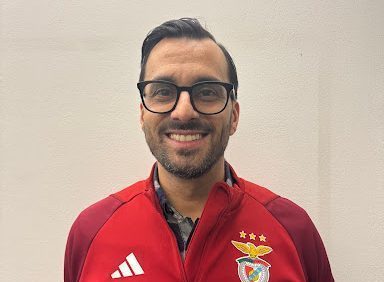






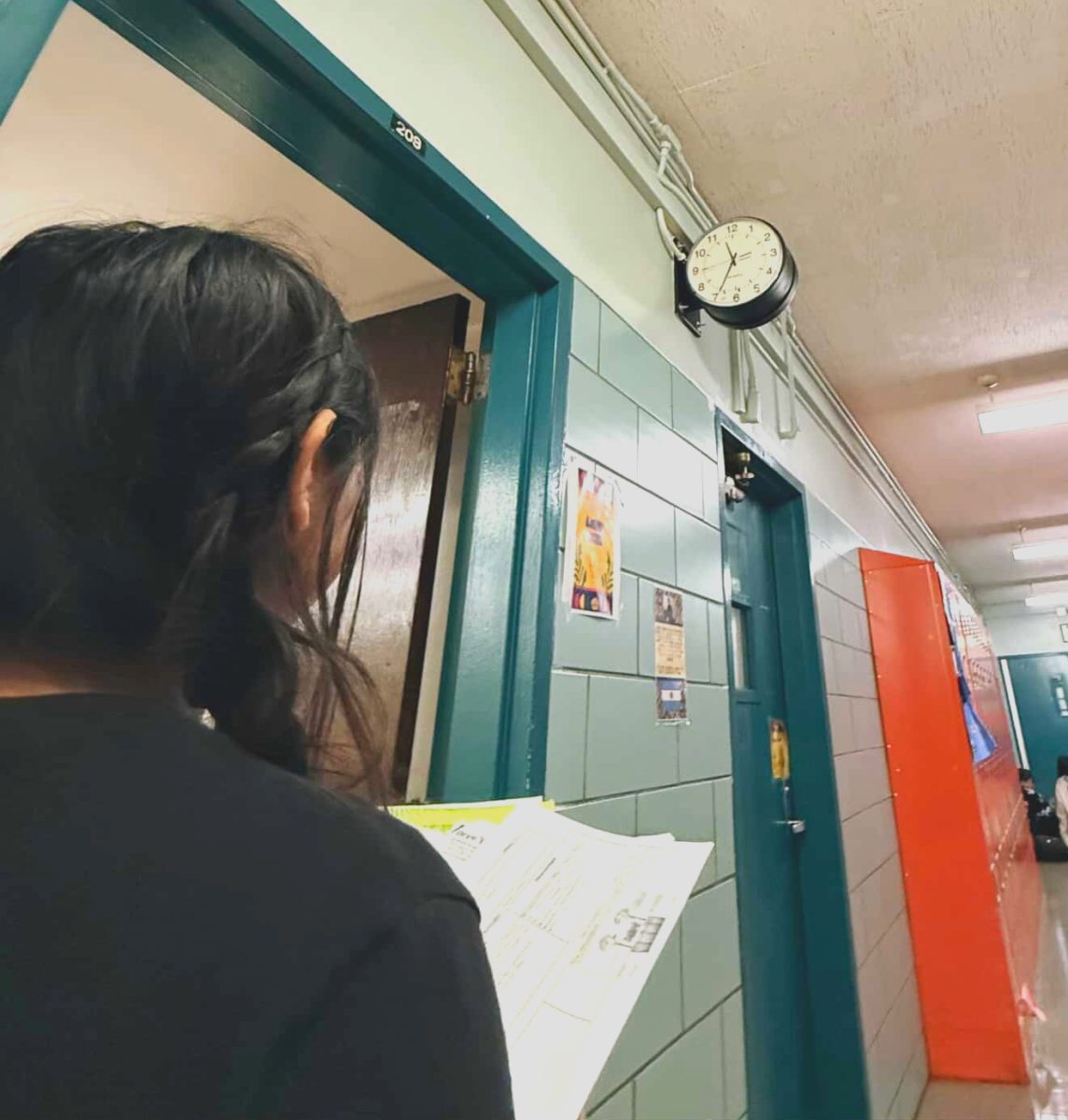
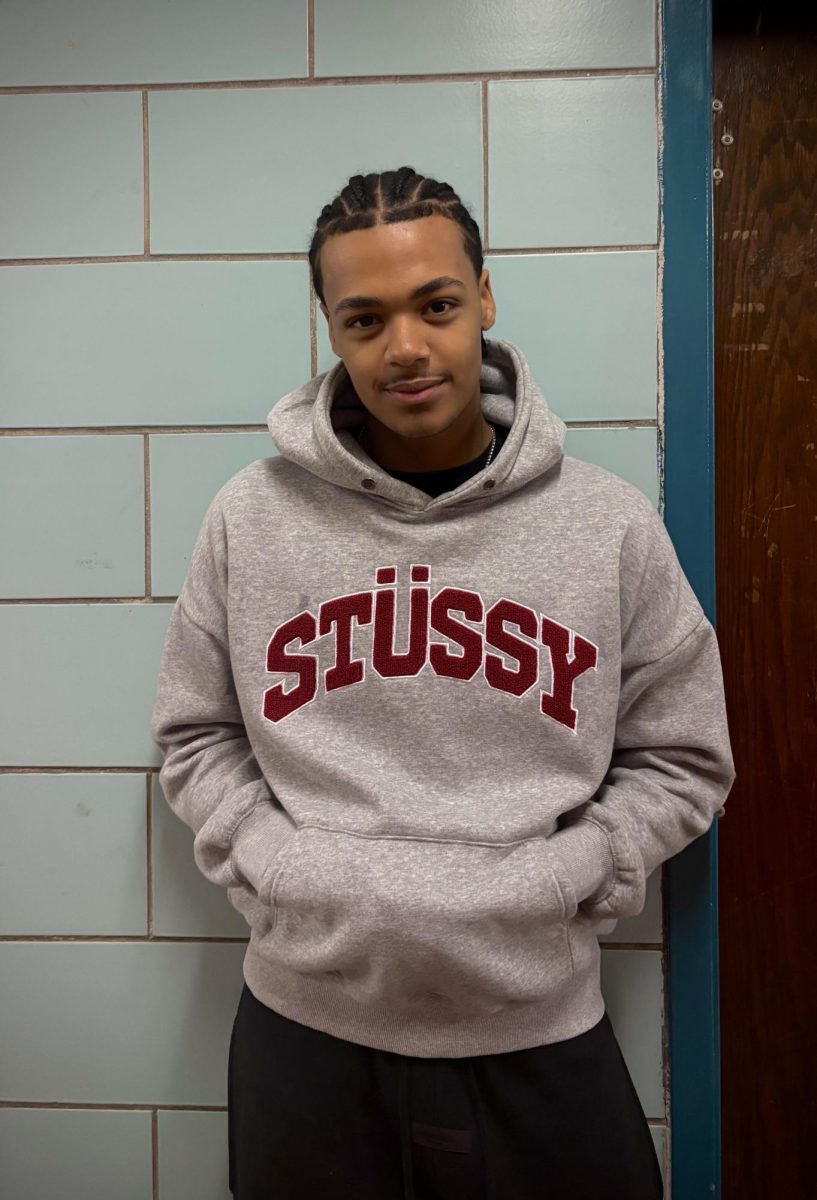
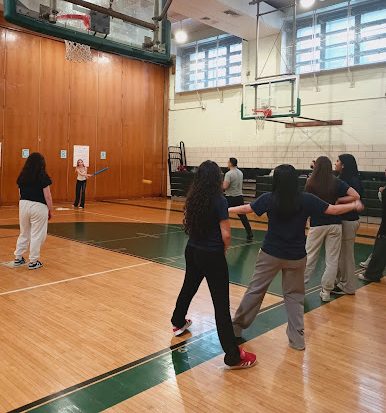












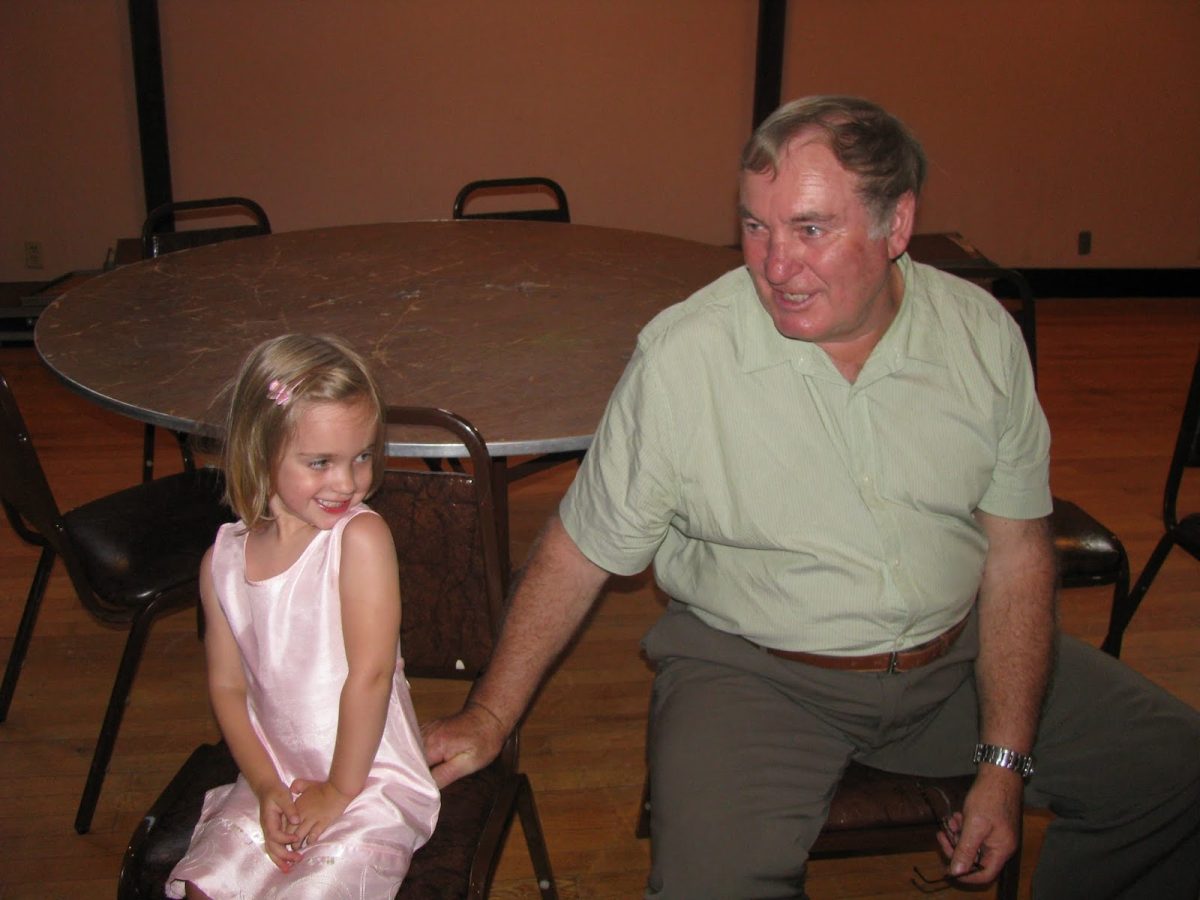

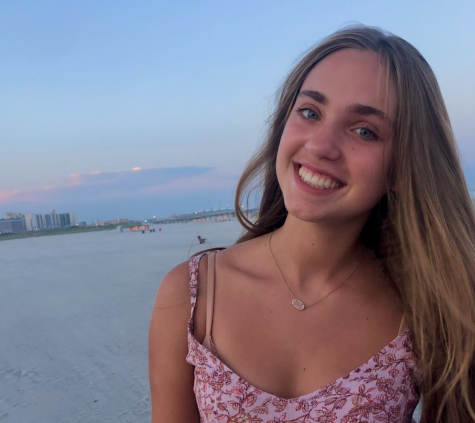
julia godwin • Dec 8, 2023 at 11:53 am
wow. WOW. on the verge of tears. literal chills yuli. this is amazing. please keep writing in this style. you’re able to reflect on the past so delicately and intricately, but without making it feel over ornate. giant props.
Emma Reynolds • Dec 6, 2023 at 8:54 pm
This was beautiful Yuli ❤️ great job!!!